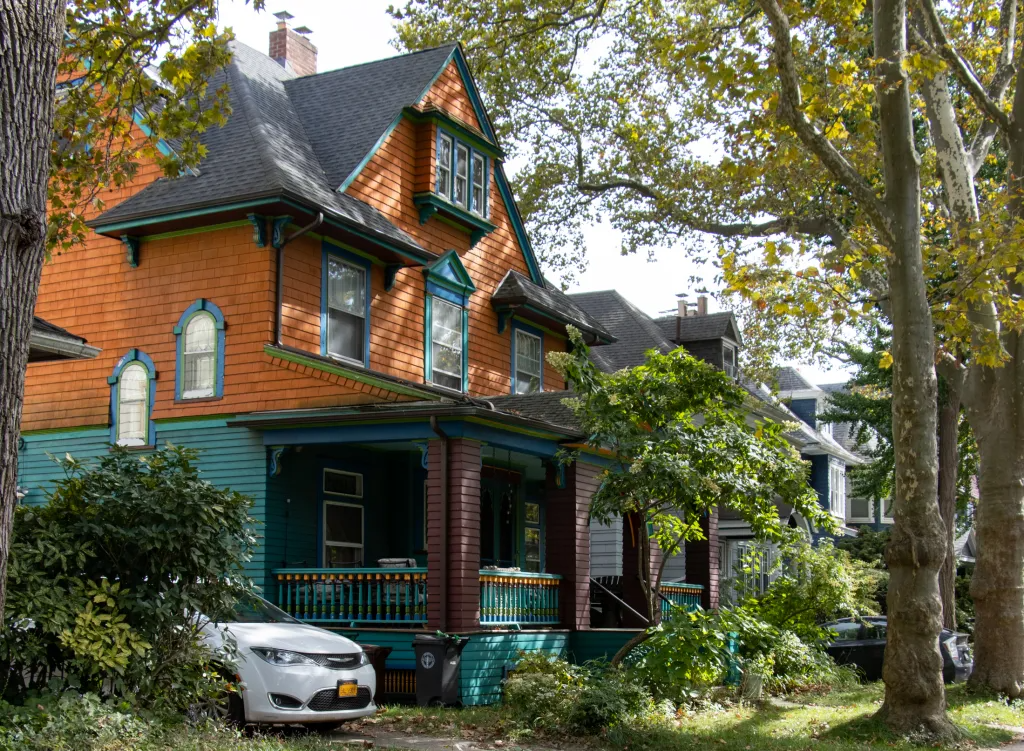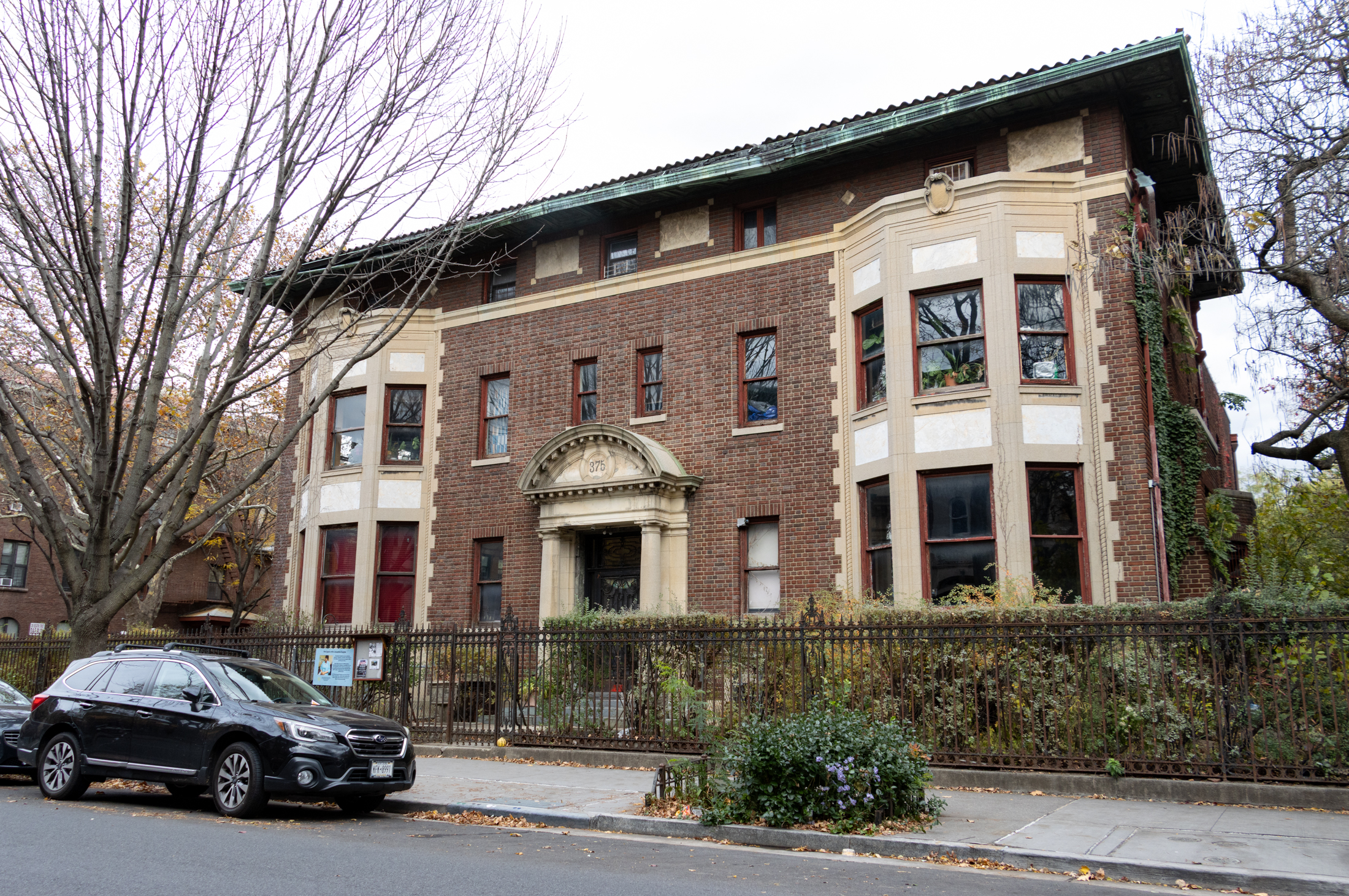City To Get Tough On Negligent Landlords
While we’re not so sure about its constitutionality, a new bill to be proposed by the Bloomberg administration would give the city more power to take proactive measures to fix up derelict buildings whose landlords who fail conform to certain safety standards. Under the plan, HPD could go into a building with a minimum of…


While we’re not so sure about its constitutionality, a new bill to be proposed by the Bloomberg administration would give the city more power to take proactive measures to fix up derelict buildings whose landlords who fail conform to certain safety standards. Under the plan, HPD could go into a building with a minimum of 27 uncorrected code violations and redo everything from roofs to entire electrical systems and then stick the negligent landlords with the bill; if the owner didn’t pay up, the city would put a lien on the building. The goal is to restore the ailing portion of the housing stock at a time when demand for housing in the city has never been stronger; the goal is 200 buildings a year for five years. Sounds like a good move to us, though if they really wanted to fix the problem they’d get rid of all rent controls.
City to Seek Broader Power Over Buildings [NY Times]
Photo by humain





I think rent control laws should be abolished but only after I leave my rent stablized place and buy something
I suspect this is just politics on the part of the mayor. He needs to show the “little people” that he is their tireless champion. Right.
HPD is a large, inefficient bureaucracy that can barely do what it is supposed to do now. I doubt the staffers there will snap to it and take on this additional task. They already have hundreds of derelict buildings on their hands, many of which are in worse shape than any neglected privately owned building.
It’s politics, blah blah blah.
Brownstoner: please cite one study that makes the case that ditching rent control would be a more effective way to improve the living conditions in a neglected building. And I’m not talking about how it will lower rents across the board and enable people to move; I’m talking about it how it would make a landlord living in a McMansion in Great Neck repair a building with 100s of violations in Brooklyn.
This idea is no different than the current practice of issuing unsafe sidewalk violations and if not repaired quickly than having an outside contractor make the repairs and send the homeowner the bill, with a lien placed for those who don’t pay up.
Does anyone have the actual numbers of rent controlled units in NYC compared to total units on market? I saw one article stating tens of thousands of units were taken off market from 1970-1980 due to inability of owners to keep the units profitable but no complete picture of what is happening.
Also, are there rules on the creation of new units such that a “luxury” unit has no regulation but otherwise non-luxury units would have to contain an ammount of rent controlled units?
In case it wasn’t clear, we said that it ” Sounds like a good move to us.” We were just wondering aloud whether there were any constitutional issues surrounding forced entry and renovations, that’s all. We think it’s great that negligent landlords will be held accountable; we were just making the point that if the only goal were the improvement of the housing stock, ditching rent control would be an even more effective move.
agreed, 9:40am. rent control/stabilization was instituted early in the 20th century to protect “war-wives”. while there are no doubt many low income peeps that have benefited from these laws over the years, cant tell you how many times i’ve hear “im staying at my aunt mildred’s 3-bedroom on gramercy park.” she’s a corporate tax attorney but her rent is only $540? isn’t rent stabilization great?”
I wonder if the city will take a coordinated approach to buildings in landmarked areas which are a threat to public safety, i.e certain buildings which have been determined to be structurally damaged and have been all but abandoned by owners. For example, Brownstoner featured a property recently on Clermont Avenue which is on a landmarked block and is one good storm away from falling down – the Landmark in Park Slope is an egregious example.
So…let me understand your position here, Brownstoner. On the one hand, it should be legal and proper for the city to make owners of landmarked buildings preserve them for people to look at, but it should not be legal and proper for the city to make owners of neglected buildings repair them so tenants can live in safety.
And your assumption that rent regulation has led the city to take new action to enable tenants to life in safety is just plain wrong. When was the last time you read about a landlord declaring bankruptcy because the cost of maintaining a building was too high? When was the last time–or even the first time–that a landlord was required to open his/her books to justify not paying for maintenance or a rent increase?
But of course, if rent protection went away, it would probably lead to the building of more Fedders buildings for you to look down your nose at.